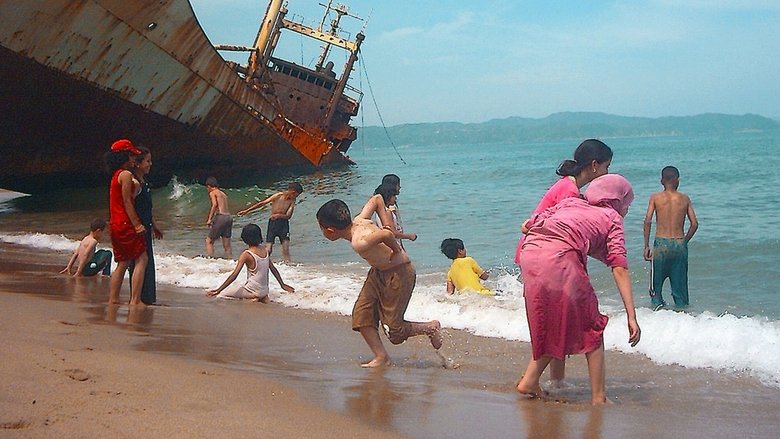China Is Still Far
Genres
DocumentaryDrama
OverView
On November 1, 1954, near Ghassira, a small village lost in the Aurès, a couple of French teachers and an Algerian boss were the first civilian victims of a seven-year war which would lead to the independence of Algeria. More than fifty years later, Malek Bensmaïl returns to this Chaoui village, which has become “the cradle of the Algerian revolution”, to film, throughout the seasons, its inhabitants, its school and its children.
Others
Budget
$--
Revenue
$--
Status
Released
Original Language
Arabic
Runtime
120 mins
Rating
10/10
Release Date
28 April 2010
Country
Algeria

